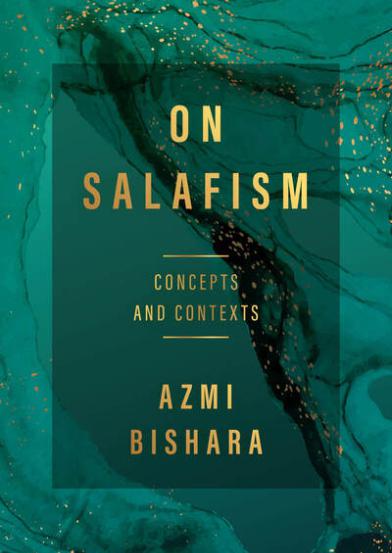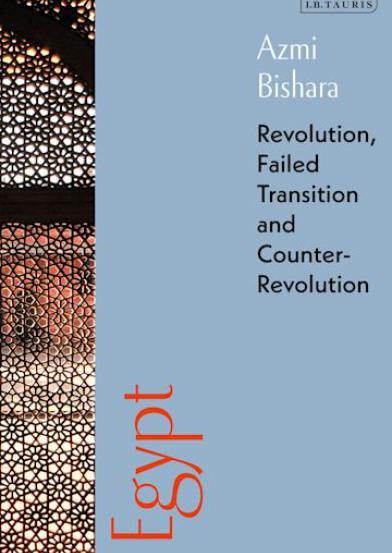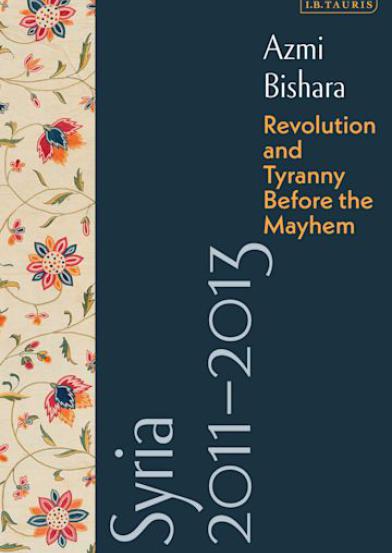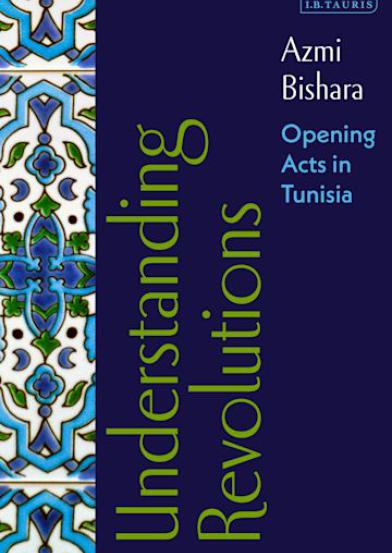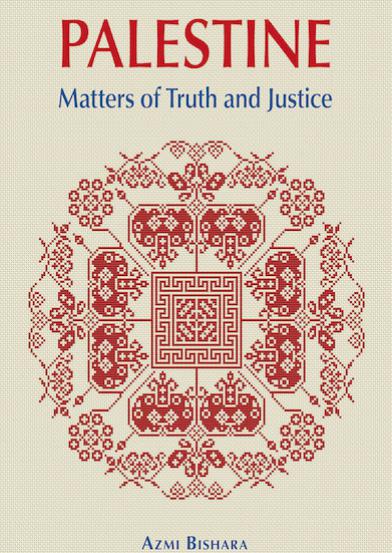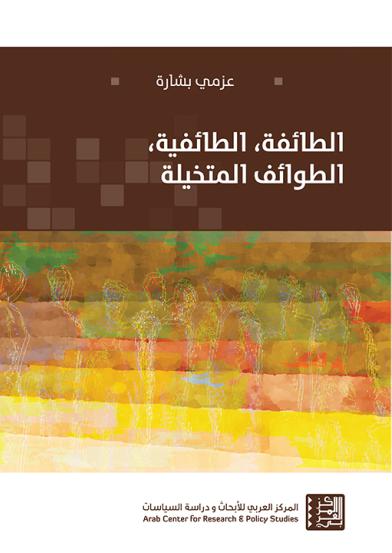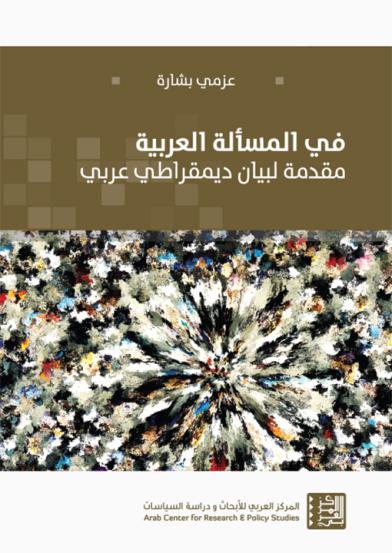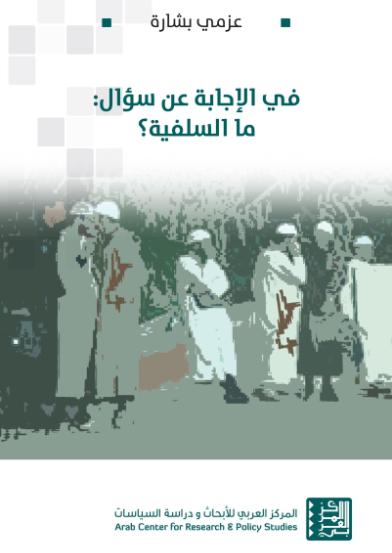Democracy
The physical exclusion of Bishara from Palestine did not diminish his intellectual and political impact on the arena that he was forced to leave on the 23rd of March 2007.
What matters is that those who support dictatorship and justify genocide, must not be allowed to incite against others.
Rather, these voices must be relegated to a position of desperate and unconvincing defensiveness, before those who condemn their positions.
A long time has passed since Palestine was occupied. But one of the leading causes of the failure to resolve this just cause, even as other peoples managed to free themselves of colonialism, is the overlap with what I termed in my 2007 book "the Arab Question" and "the Jewish Question" in our region and in the West respectively.
The people's revolution in Tunisia heralds the end to this miserable last chapter. More importantly, it has given us a glimpse of the latent possibilities of the coming phase. The darkness has begun to lift and the features of the horizon have come into view.
Lately, Israeli officials have been reiterating the demand that the Palestinian National Authority recognise Israel as a Jewish state or as a state for the Jewish people. This is a significant notch up from the Israeli demand in the pre-Oslo period that the PLO "recognise Israel and renounce terrorism" as a precondition for talks.
The intimate relationship between religion and the state in Israel, as compared to other modern societies, stems from the total mutual identification between the religious and national affiliations in Zionist thought.
The revolution in Tunisia is progressing from one achievement to another. Obstacles flee in the face of the peaceful and unified grassroots movement. One barrier after the other collapses at the sound of the footsteps of the revolution as it advances. The great civilian revolution has carried the country into a new dimension and hurled it to the speed of light.
This attempt aims to critique – critique here being a synonym for theory. Criticism is not based on what ought to be, but on what exists in the relationship between army and politics, not by describing it as wrong, or a symptom of the Arab affliction, but as the product of historical conditions, social and economic structures, and culture.
Dr. Azmi Bishara
Creating Two Alleged Camps
This paper explores the theoretical model behind the concept of “consociational democracy”, beginning with its roots in the Austrian Marxist tradition to its elaboration in 1969 by the Dutch-American political scientist Arend Lijphart.
Pagination
Books
Bishara is particularly known for his research on civil society, nationalism theory, what he refers to as "the Arab question", religion and secularism
